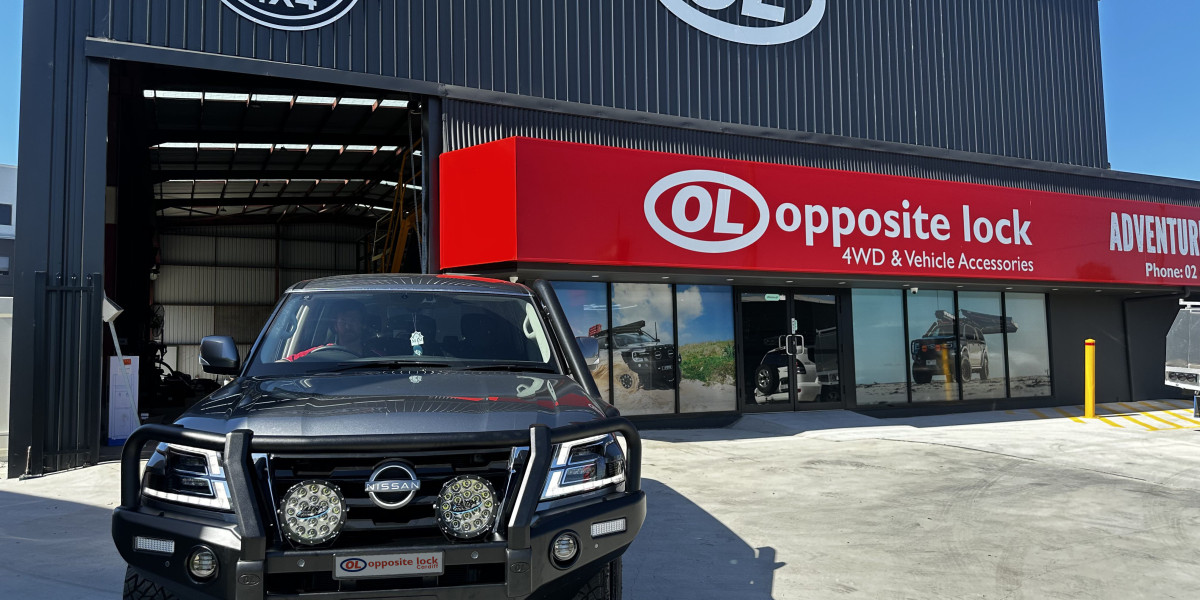Bullbars are an essential accessory for many off-road enthusiasts in Australia. Whether you’re tackling rugged outback tracks or driving through areas with high wildlife activity, bullbars provide crucial protection for your vehicle. However, before installing one, it’s important to understand the rules and regulations that govern bullbars in Australia to ensure your setup is both safe and legal.
Why Bullbar Regulations Exist
Bullbar regulations are designed to ensure that these accessories:
Don’t compromise pedestrian safety
Maintain the structural integrity of your vehicle
Don’t interfere with airbags or other safety systems
Are fitted and used responsibly on Australian roads
National Standards for Bullbars
In Australia, bullbar regulations are primarily guided by the Australian Design Rules (ADRs), along with state and territory road safety laws. Here are some key points:
The bullbar must not have sharp or protruding edges.
It must not obstruct your headlights, indicators, or number plate.
The design should comply with ADR 42/04, which relates to external vehicle projections.
It should not affect airbag deployment or vehicle crash safety systems.
State-by-State Rules
While national standards provide a base, each state or territory may have additional rules:
New South Wales (NSW): Bullbars must meet ADR and Roads and Maritime Services guidelines.
Queensland (QLD): Bullbars must be certified and mounted correctly, with no sharp edges.
Victoria (VIC): Any modification to vehicle structure must be engineered and approved.
Western Australia (WA): Installation must comply with ADRs and state-specific vehicle modification codes.
Always check your local transport authority website to confirm the latest updates before making a purchase.
Choosing a Compliant Bullbar
When selecting a bullbar, go for trusted brands that meet Australian standards. Reputable names like Opposite Lock Bullbars, Oxley Bullbars, Raxar Bullbars, and ECB Bullbars are known for quality designs that balance strength, safety, and compliance.
Penalties for Non-Compliance
Installing a bullbar that doesn’t meet regulations can result in:
Fines and defect notices
Insurance claim issues in the event of an accident
Safety risks for passengers, pedestrians, and other drivers
Final Thoughts
Bullbars are legal in Australia as long as they meet ADR requirements and any additional state rules. Always choose quality products, have them professionally installed, and regularly inspect them for damage or misalignment.



